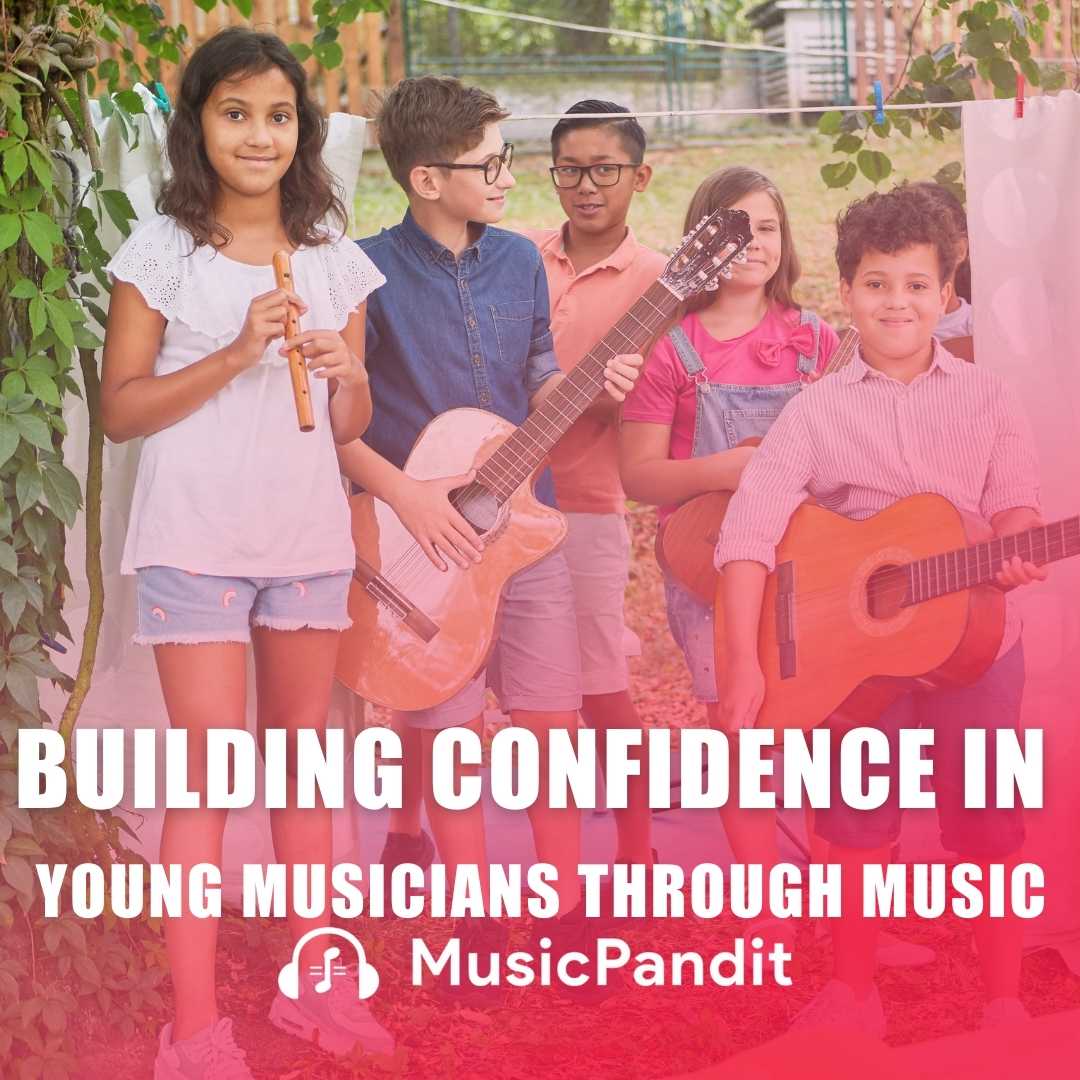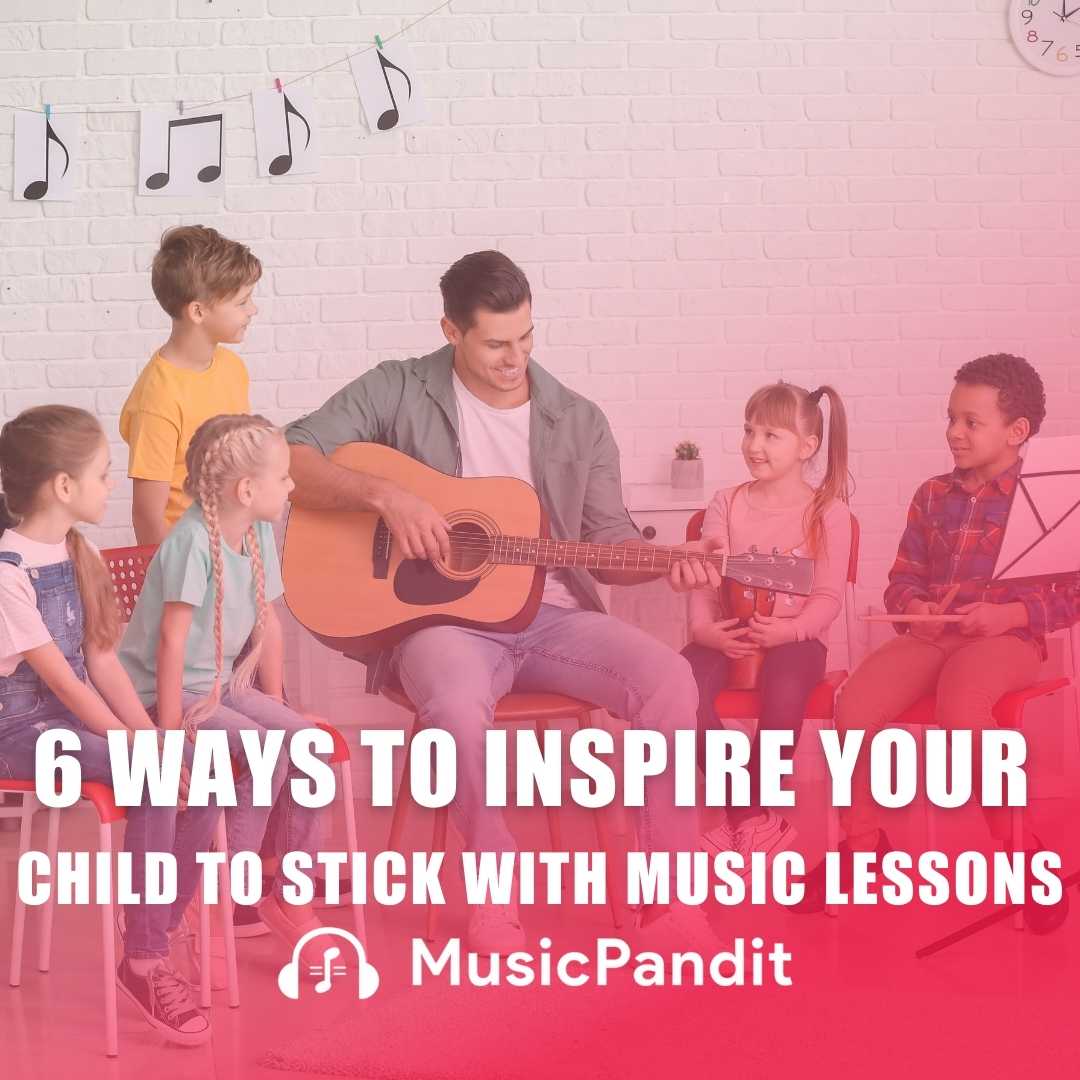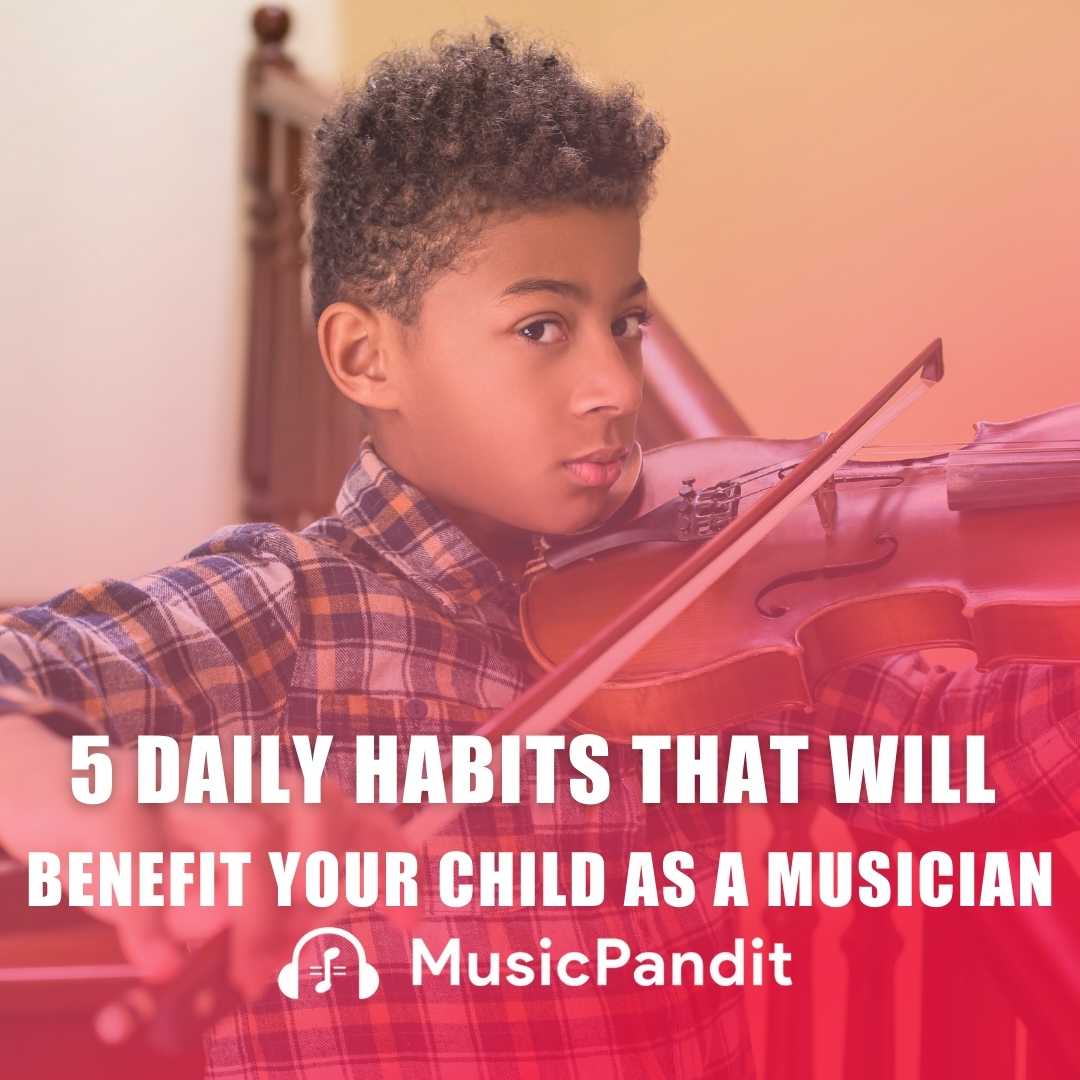Music can indeed change everything. With the rapid advancement of technology and our fast-paced generation, it seems like we have all vanished in the heat of competition. It’s getting harder and harder for parents to give their children all they require. You often find yourselves striving to ensure they acquire every skill available, driven by the demands of the world. However, it’s crucial to pause and reflect: are you on the right track? Analysing what your child truly needs is a difficult task, yet it is one we must undertake.
Music is one such skill that every child needs. If learned, it not only unlocks your child’s musical potential but also enriches their life. Do you remember humming songs when your child needed sleep? It calms all the sensory organs and brings them in alignment. While many perceive music merely as a form of daily entertainment, its benefits are supported by science. If you aspire to foster healthy cognitive development in your child, then music is the answer.
Assessing Your Parenting Approach
Parenting plays a very important role in shaping a child’s future. It is through parents that children can understand their own potential in learning music. With the right resources or guidance, you can mould your child’s beliefs, interests, and desires towards music.
You can create an environment that encourages musical development by setting realistic expectations, helping them understand that the process may take time. Provide them with resources that will enable them to trust themselves in learning music.
There are more such approaches that unlock your child’s musical potential. Let’s delve into them in depth.
1. Understanding Your Child’s Strengths:-
Every child has their own unique abilities and strengths. As a parent of your child, you hold the key to applying those strengths to practise to achieve the best results. It takes time to know your child’s natural interests in music.
You can observe how they respond and which type of music they are more inclined to listen to. Is it the rhythm or melody they enjoy? By understanding these strengths, you can guide them towards a better path and make the process of learning interesting.
2. Exploring Diverse Learning Opportunities
Once you have observed what type of music your child is interested in, you can then explore learning opportunities for them. This will help them personally connect to music and unlock the best of their potential.
Introduce your child to a wide range of musical experiences, such as listening to different genres, being part of concerts or shows, and experimenting with new instruments or voice approaches. By doing this your child will be able to achieve can in discovering their musical interests and developing a well-rounded appreciation for music.
3. Encouraging a Growth Mindset
It can be difficult for children to follow a set routine. Their creative minds want them to learn and explore everything at their own pace. As responsible parents it is important to not make your children feel burdened by any task.
You can gently instil a sense of growth in your child by emphasising the importance of hard work, practice, and perseverance in musical development. Encourage your child to take risks, learn from their mistakes, and celebrate their successes. This will help them to overcome their fear or obstacles and create a supportive environment to grasp their mindset.
4. Supporting Personalised Learning
We all appreciate it when the learning process is customised according to our needs. As grown-ups, we know our wants and needs, but as kids, it can be hard for them to tell you what they really want. It is the parents’ role to understand what will help their children and ensure their development.
Recognize that generic approaches to musical education may not be effective for all children. Support personalised learning by adapting teaching methods, skills collection, and goals to meet your child’s individual needs and preferences. If you want their learning journey to be unique and tailored to their growth, explore every available method of learning. Whether through private classes, personal sessions, or online learning, these can indeed shape your child’s musical journey for the better.
5. Nurturing Emotional Intelligence
Isn’t it necessary to open up yourself before you let something within you? This useful technique will take your child’s musical potential to the next level. Emotions are part of the human body and the brain. Your child takes after you in the actions you pursue, and so it is very important to put the right emotional intelligence in front of them.
Music can trigger feelings of joy, excitement, sadness, and self-doubt. Help your child express themselves through music in whatever way they choose. It can be improvisation, interpretation or creation. It is necessary for your child to have a comfortable environment for their emotions to be vulnerable. This will help redefine their musical development.
6. Fostering Creativity and Innovation
Children are born creative. During childhood their brain develops faster than at any other time in life. It is a phase where they get to see things for the first time, and it becomes crucial to guide those learning on the right track. Making a useful path for their creativity will help your child to nurture valuable elements.
Always support your child to think creatively and innovatively on their musical journey. Encourage children to experiment with diverse musical ideas, approaches, and styles, and when it comes to expressing music, make sure they think outside the box. By encouraging originality and invention, you can encourage your child to push the limits of their musical ability and explore new artistic perspectives.
7. Promoting Independence and Resilience
“If you wish to achieve something, you need to set a goal” we all heard it from our parents. It is now that your child needs to cultivate this practice. Personality development happens when we start incorporating independence and responsibility into the things we pursue.
Empower your child to take ownership of their musical journey by building independence and resilience. Inspire them to set goals, take active initiative in their practice routines, and advocate for their musical interests and aspirations. But also teach them to accept setbacks and failures as their stepping stones towards success.
8. Building Healthy Relationships
Everybody needs a relationship that allows them to be who they are. Each human expects to not be judged but to be understood, and your child needs that most. A parent can build healthy relationships by letting their children positively transform their learning.
Nurture your child’s musical learning by building positive relationships with teachers, mentors, peers, and fellow learners. Allow your children to collaborate, cooperate, and have mutual respect in musical contexts, through ensemble playing, group performances, or collaborative participation. This will create your child’s own musical community which will help with their growth.
10. Celebrating Progress and Achievements
Celebrating gets more pleasant when children are involved. Whatever may be the occasion they always enlighten the moment. As we remember to enjoy every good thing. It helps in boosting confidence and gives energy to work harder the next time.
Never forget to be there when your child achieves musical accomplishments, no matter how big or small. Throughout the journey, acknowledge their hard work, dedication, and persistence, and celebrate their milestones along the way. If your child succeeds in mastering a difficult piece, performs in front of an audience, or is recognized for their achievements, you should encourage them to continue pursuing their musical passions.
Conclusion
Finally, developing your child’s musical potential necessitates a comprehensive approach that incorporates all aspects of parenting and learning. Music education is more than just learning notes and instruments; science has proved music to be the best channel to develop cognitive abilities in children. As parents, we must understand and appreciate each child’s unique skills and interests, giving them personalised learning experiences and supporting their progress every step of the way.
By creating an environment that encourages inquiry, experimentation, and expression, you can help your child discover the limitless possibilities that music provides. Celebrating their growth and accomplishments along the way boosts their confidence and passion, motivating them to keep pursuing their musical aspirations.
Let music be the guiding melody on your child’s journey, developing them into well-rounded individuals who value the beauty of creativity, the power of resilience, and the joy of shared experiences.
Become the parents to nurture the next generation of passionate musicians.














